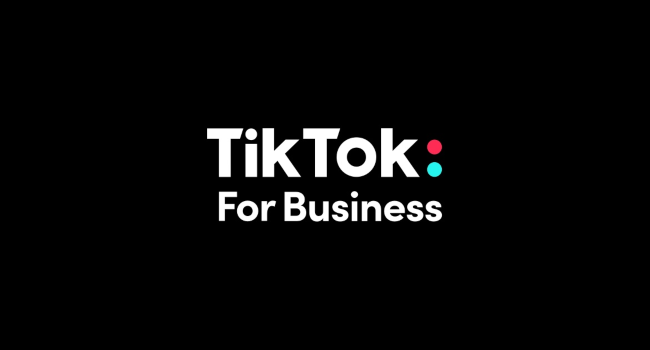Anyone can create a blog and publish it online; but having a strong and professionally written content requires excellence, exclusivity and weight. It is a common place to see quotes like “content doesn’t win. Optimized content wins”; “content is king” and so on. This implies that content cannot be written for the sake of writing but must take into account the purpose for which it is being written. It besides implies how important quality and relevant content is to your company. Now, how can marketers hit on the right formula for their website content?
There are three indispensable elements that need no negotiation when developing content for your website: quality, uniqueness and relevance!
Quality
Our definition of quality is basically very simple; we see it as the ‘degree of excellence’. It is the attributes of a product or a service that makes it unique, extraordinary and dissimilar from others. According to the Content Marketing Institute, over 80 percent of the content published on a given website drives little to no organic traffic; and most writers don’t fully understand why a piece of website content will or won’t perform well. This places more responsibility on content writers to be more circumspect in their writing.
Here are three explicit tips for developing a program that consistently yields quality content:
1. Develop concrete objectives
It is critical to plan your website content around the goals you want to achieve. Are you looking to create thought leadership? Inform your customers and readers? Simply drive traffic to fuel your business? Often, some of your objectives can be at odds with each other, which is why it is important to outline them up front, and then prioritize. Otherwise, the probability that you will be happy with the outcome is low.
2. Do Your Research
You can’t really create high quality content unless your content is well researched and well supported.
- Start your research by identifying and developing your topic: once you evaluate what your readers want and need, narrow down the specific topic you wish to cover and flesh out the finer points.
- Also, review what’s already been said: delve into what industry experts say on this topic–which will provide you with the backbone of your research.
- Lastly, identify gaps: once you figure out what’s already been said on the topic, identify what hasn’t been said. If you want to contribute something unique, then you need to make sure what you’re writing what hasn’t already been said.
3. Create credibility
According to a study conducted by content strategy company Content Science, about 65% of web readers find web content unreliable. This is because they are not backed by any authority. If you’re going to post content online with the hope of people taking you seriously, then you need to qualify yourself appropriately and create credibility.
Uniqueness
The Oxford English Dictionary offers three variant definitions for the word “unique”
- Being the only one of its kind; unlike anything else;
- Belonging or connected to one particular person, place, or thing;
- Particularly remarkable, special or unusual.
To achieve a unique content, it is important to be knowledgeable about your field of work. This can be especially helpful when you plan to write a post on your blog since it helps you avoid duplication and bring a new idea to the topic at hand.
Whenever possible, try to avoid plagiarism and provide proof when you are attempting to convince your audience with something. Links and referrals can positively influence your content since they help support your point of view and make your content more convincing.
According to Google’s advice, it is very important to use an average of 10 words per sentence, 1-4 sentence paragraphs as well as lists and bullets within the post you are writing and whenever it is possible. This is important to enable readers to scan and glance through the content quicker.
Relevance
Another indispensable and critical element of a good content is its relevance to existing and potential readers. Here are the two essential rules for making your content relevant in any market.
- First, know yourself. An effective content is based on a deep understanding of who you are, what your brand stands for, and the unique advantages you hold over your direct competitors. You should also know your strengths, weaknesses and more importantly your resources available. Your location is also important as it assist in knowing which communication channel to use, the type of language and the mode of writing.
- Second, know your customers. After understanding your business’s identity, the next key to relevant content is know your customers and what they’re looking for. You need to be aware of their reading habit to help you know how many pages you can write. Deep research into their unique wants, needs, tastes and preferences will give you the foundation of understanding necessary to author and position relevant and effective content.
Conclusion
More than 1,100 North American marketers are spending 26 percent of their budget on content marketing projects, and 51 percent say they plan to increase their spend on content marketing over the next 12 months, according to Content Marketing Institute research. This means competent content marketing writers will be required globally in the near future. Content writers cannot afford to be writing chaff for companies. It is obligatory therefore that they get prepared for the tasks ahead. It is against this backdrop that this piece was developed.



